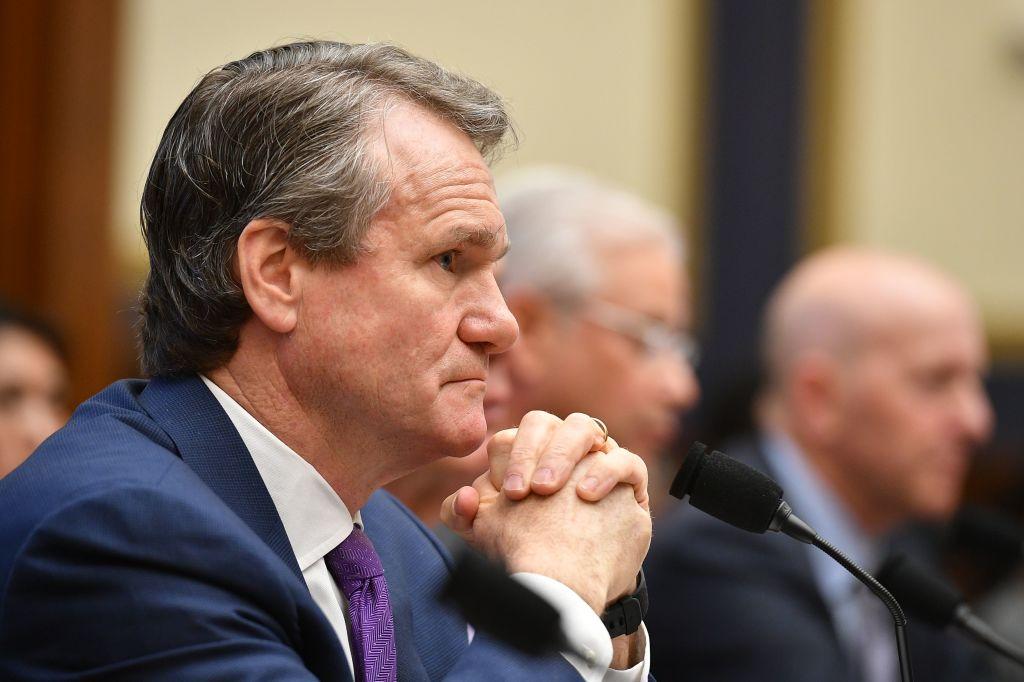Bank of America Chairman and CEO Brian Moynihan says consumers are spending “at a faster rate” but that he is still concerned about rising inflation and supply-chain issues affecting the economy this winter.
Moynihan told the Associated Press he sees robust consumer spending driving economic growth in the coming year, but said the recent decline in consumer sentiment due to increasingly higher prices and lack of certain goods are adding to Americans’ frustration this holiday season.





